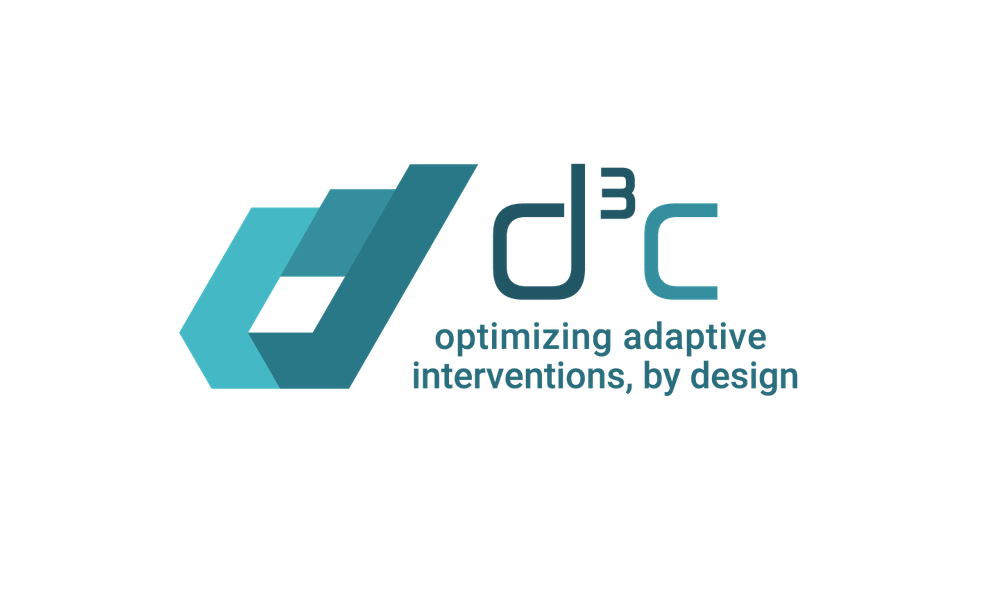Jool Health: A micro-randomized trial of time-varying push notifications to increase proximal engagement with a mobile health application
Jool Health: A micro-randomized trial of time-varying push notifications to increase proximal engagement with a mobile health application
Mobile health applications (apps) provide an opportunity for easy, just-in-time access to health promotion and self-management support. The number and breadth of health-related apps in the marketplace has provided a programmatic resource with immense potential for public health. However, an important challenge with many mobile health apps is lack of sustained user engagement. This is particularly challenging when engagement with the app is a critical component of wellness intervention. The primary aim of this quality improvement study was to assess the effect of sending a push notification containing a contextually tailored health message versus not sending a push notification on proximal engagement, defined here as self-monitoring via the app. Secondary aims were to examine whether this effect varies by number of weeks in the program,by weekday vs weekend, and an exploratory aim was to determine how the effect differs between weekday-vs-weekend by time-of-day. To address these aims, a micro-randomized trial (MRT) was conducted with 1,255 users of a commercial workplace well-being intervention product over 89 days.

Principal Investigator
Key Collaborators
Daniel Almirall, Niranjan Bidargaddi, Susan A. Murphy, Inbal Nahum-Shani, Vic Strecher and others at Jool Health
Funding Source
Information to come.